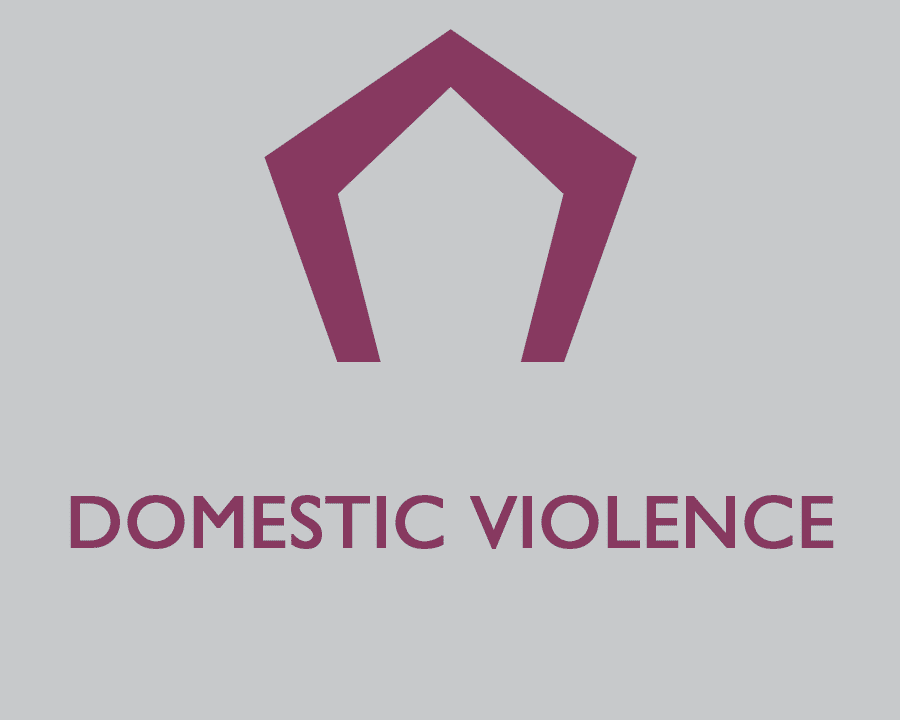(256) 284-7600
200 W Tennessee St, Florence, AL 35630
EMAIL US
If you are in immediate danger
dial 911
Safety Advice for Seniors
Avoid isolation
Most abusers are people you know. They use your isolation or dependence to their advantage. Encourage and maintain contact with others (e.g. friends, church members, visiting nurses, adult daycare, etc.) The more people who are in contact with you the better.
Don't keep quiet
At the first sign of potential abuse or inappropriate behavior, speak up. Don't be an easy target. If someone makes you uncomfortable or frightened, ask for help immediately.
Carefully screen who has access to your home
No one has a right to make you feel unsafe, including your children or grandchildren. Limit access to your home to those you completely trust.
General Safety Precautions
-
Don't give personal information over the phone.
-
Don't make it obvious if you are living alone.
-
Vary your routine. Don't be too predictable.
-
Have trusted friends and family check on you regularly.
-
Keep your doors and windows locked.
-
Don’t open your door to someone you don’t know or feel uncomfortable about.
-
Avoid walking alone, especially at night.
-
Carry yourself in a confident and alert manner.
-
Don't be afraid to make a scene if you feel threatened or scared.
Getting Help
If you have been sexually abused, you do not have to suffer alone. Discreet help is available.
Timely medical care is essential. Call the police and your local rape crisis center at OnePlace for assistance in getting a medical exam. Evidence collection may be taken at this time for use should you wish to prosecute. This procedure will not be charged to you personally.
If you report to the police, you may also be eligible for Crime Victims’ Compensation for your medical and other expenses.
Sexual Abuse of Seniors
Individuals perceived to be particularly vulnerable or a potentially easy target are often chosen for victimization by sexual predators. Seniors often fall into this category because of the following factors:
-
Physical frailty or diminished ability to defend themselves.
-
Dependency on assistance from others (e.g. driving, heavy cleaning, health care, etc.)
-
Predictable routines.
-
Living alone or in a nursing home.
-
Dementia or cognitive impairments.
Adults are not necessarily less susceptible to a sex crime as they age. Sexual abuse is not motivated primarily by sexual desire, but by a desire to exert power and control over others and to humiliate and belittle the victim. We may become more vulnerable to abuse as we age. Old age and impairment decrease personal power, thereby increasing the risk of abuse. Consequently, elderly and disabled individuals are sexual abuse targets. Seniors may be abused both inside and outside the home. However, it is more likely that seniors will be abused in their own homes.
Types of Abuse
Abuse and exploitation of the elderly usually falls into one of two categories: domestic abuse or institutional abuse.
Domestic Abuse
Domestic abuse is defined as the abuse of an elder by someone with a familial relationship to that person. The perpetrator is generally a spouse, child, or friend that resides with the older person.
Institutional Abuse
Institutional abuse is defined as the abuse of an older person who resides in a care facility, nursing home, or group home. Someone who is paid to provide care for that senior generally perpetrates the abuse.
Factors such as loyalty, love, or revulsion often keep victims from reporting. In many cases, the abused person is completely dependent upon the abuser and is afraid to complain for fear of reprisal. Some seniors may feel embarrassed to report that abuse is occurring because of a discomfort in discussing issues related to sex. Further, some nursing home residents may not disclose instances of abuse because they do not want to burden their families. For these reasons, the abuse is often ongoing and it is imperative that other people watch for warning signs and notify law enforcement if they notice any indicators of abuse.
Possible Indicators of Sexual Abuse
Physical Symptoms:
-
Unexplained venereal disease or genital infections.
-
Vaginal or anal bleeding.
-
Injury to genital area.
-
Torn, stained, or bloody underclothing.
-
Difficulty sitting or walking.
-
Bruises or other signs of restraint.
-
Weight loss.
Perpetrator Behavior:
-
Senior being kept in an overmedicated state.
-
Caregivers’ refusal to allow the elder to be alone with visitors.
-
Refusal or delays in allowing visitors to see the older person.
Emotional Symptoms:
-
Fear of being alone with caretakers.
-
Sudden changes in behavior.
-
Agitation or anger.
-
Confusion.
-
Depression.
-
Behavior associated with dementia such as rocking biting, or sucking.
How to Help
-
Provide non-judgmental emotional support.
-
Provide protection from the abuser.
-
Provide medical care.
-
Provide legal remedies if desired by the victim.
-
Try to help the victim regain a sense of control and personal power in their lives.
